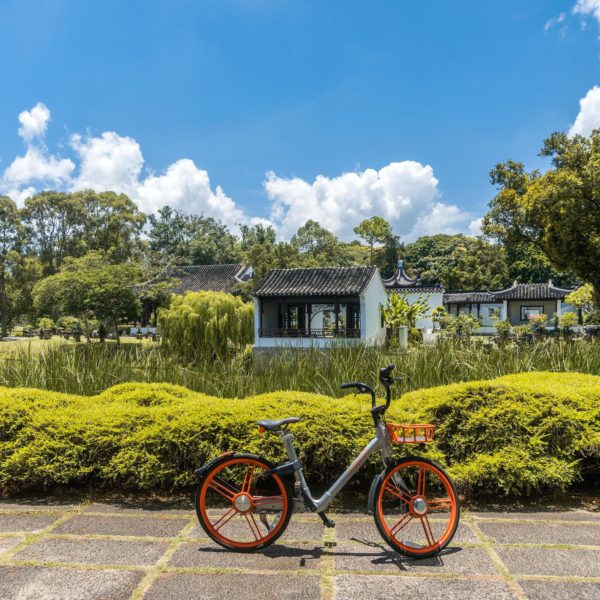
Yet another bike sharing service has met its end in Singapore, with China’s Mobike exiting the market here on Tuesday after similar meltdowns from other rivals in the past year.
Mobike had said on Monday that it was pulling out of some Asian countries. Today, the government regulator confirmed that the company had applied to surrender its licence to offer its service here, reported Today.
The Land Transport Authority (LTA) is now assessing a plan proposed by Mobike to exit the market in an orderly fashion, possibly with its existing bikes being transferred to another party.
The pullout, consumers will hope, will be less disruptive than the exits by two other bike sharing firms – oBike which left consumers high and dry last year and had 58,000 bikes eventually cleared off public places here, and Ofo which was on the verge of bankruptcy and is supposed to clear its bikes from Singapore by tomorrow.
The troubled Mobike is yet another sign that the bike sharing bubble and on-demand services in general are facing a long-overdue reality check after these favoured startups had initially raised billions of dollars to expand operations globally.
In Singapore, the way regulators deal with such startups has also come under scrutiny. When oBike downed the shutters in a hurry, it left many customers asking for their deposits back and also tens of thousands of bikes strewn all over Singapore. It is currently under liquidation.
Threats by regulators are also difficult to carry out. Ofo had its licence suspended last month after failing some of the requirements set out by the LTA, but what else can the regulator do if the company decides to just leave?
How can the regulator force Ofo to pay its debts and clear the streets of its bikes, if its people and money are already gone? Suspending its licence is not going to help when it wants to exit.
The same problem also faced regulators seeking to limit ride-hailing service provider Grab’s market power after it merged with Uber last year.
The two companies were eventually fined a combined S$13 million, but that’s a drop in the ocean compared to the billions they have raised in funding from investors to dominate the market.
The other lasting effect of such venture capital-funded startups is the impact they have on the market. From as many as 100,000 bikes for rental from September last year, the latest exit by Mobike could bring the number down to just 3,500.
For those who use such bikes regularly, it will be harder to find one to get from, say, the train station to home. Prices might conceivably rise with fewer competitors. All said and done, this seems like yet another raw deal.





